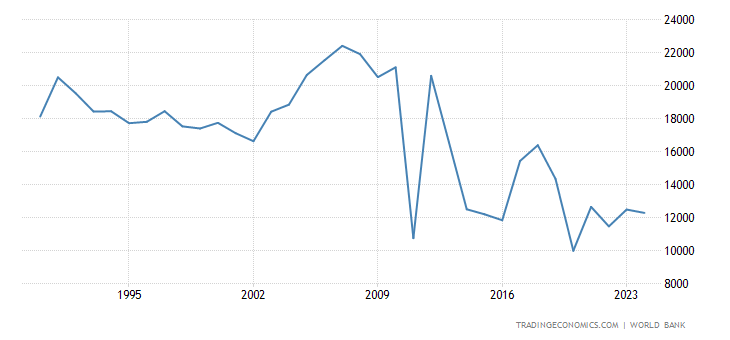On the 20th anniversary of the September 11th attacks, the American media reflected on the war on terror. It was just a month after our withdrawal from Afghanistan, and you might think that the American press would be introspective about its own role in promoting our expensive blunders in the Middle East. But instead, the press expressed nostalgia for the “unity” the country experienced in the years immediately following the attacks.
Post-9/11 “unity” enabled our government to start a series of expensive, destructive wars. More than 200,000 people died in Afghanistan. More than 200,000 people died in Iraq. All told, the war on terror cost $8 trillion and killed an estimated 900,000 people. Both parties were culpable. Democrats voted to authorize these wars, and President Obama’s disastrous intervention in Libya cut that country’s per capita GDP in half:

Unity has value, but this is not the right kind of unity. What is the right kind?
Continue reading “The Wrong Kind of Unity”